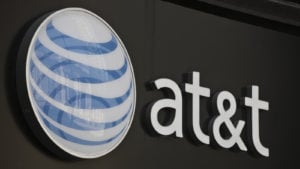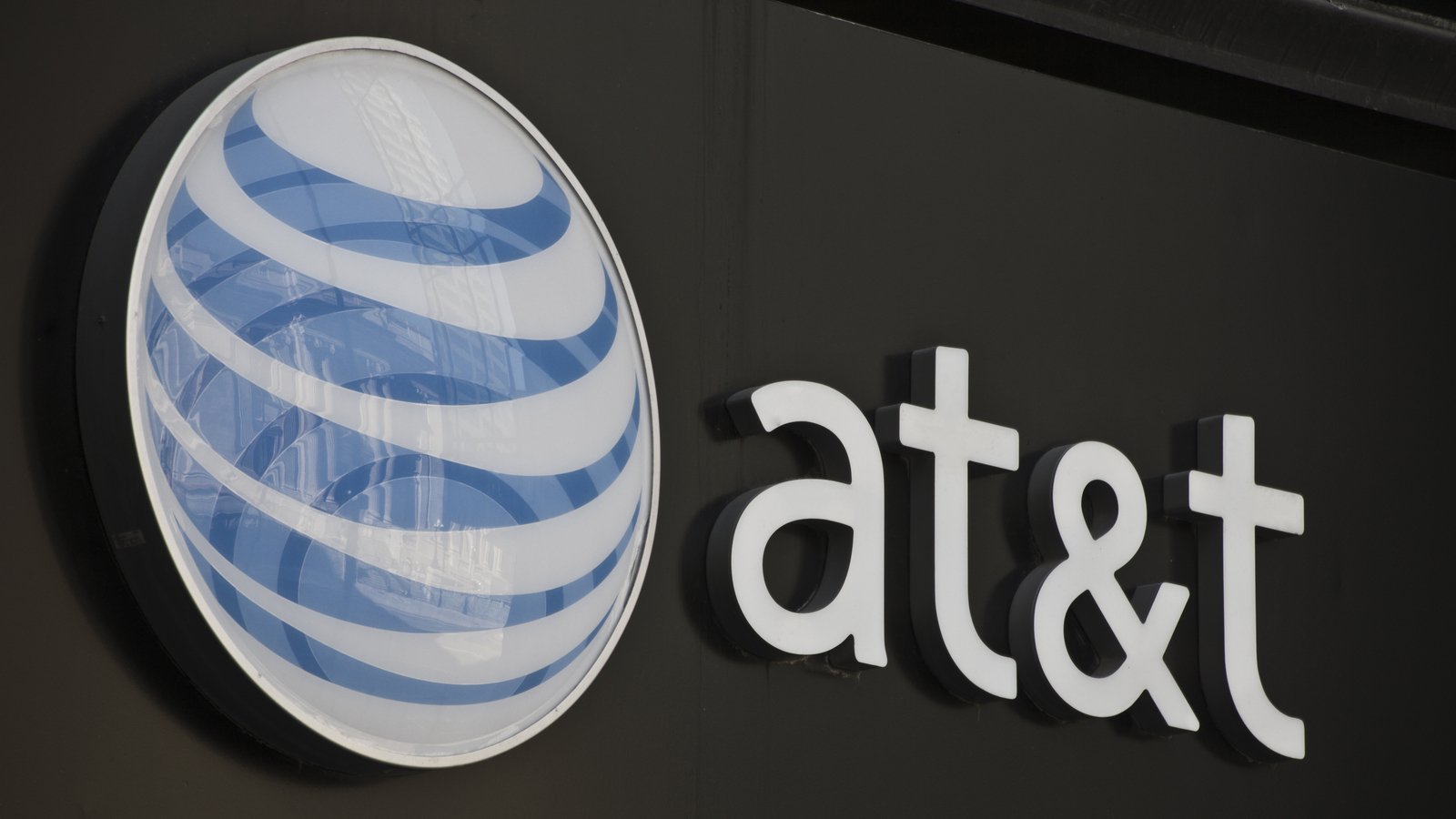AT&T (NYSE:T) is recovering from a government agency dispute threatening to slow deployment of 5G services. As such, further gains in T stock will be hard to come by.

The Federal Aviation Administration (FAA) had raised concerns of interference between the “C Band” frequencies AT&T bought in last year’s spectrum auction, and frequencies used by airplanes at major airports. The spectrum is between 3.7 to 3.98 GHz.
At the height of the dispute in December, T stock traded around $22/share. It was due to open near $26 per share on Jan. 7, after agreements were reached on a six-month delay in turning on service around major airports.
T Stock: Back to Pipes
AT&T and rival Verizon Communications (NYSE:VZ), the other big winner in last year’s 5G spectrum auction, have refocused on their wireless businesses, unwinding content deals reached in the previous decade.
At one time Verizon owned both the old America Online and Yahoo businesses, while AT&T was running DirecTv and WarnerMedia. Verizon sold its online assets to private equity. AT&T put its assets under the control of private equity and Discovery (NASDAQ:DISCA) while retaining a stake.
AT&T stock has been hammered since the Discovery deal, falling from over $32 per share to its present level. The agreement included a new dividend formula that should cut the payout by 43% to $1.15 per year. That drops the yield at its current price to about 4.4%. That’s still respectable, but the old dividend of $2.08 per share was yielding over 8%.
The Apple Core and the Metaverse
Rather than talk about airlines or content, AT&T executives now want to talk about Apple (NASDAQ:AAPL) and the wireless metaverse.
The strategy of tying AT&T services to the financing of new Apple iPhones is not complicated, and it’s working. AT&T gained 1.3 million new subscribers in the fourth quarter, over 300,000 more than expected. For the full year the company has added 3.2 million postpaid wireless customers. This compensates for slower-than-expected growth in fiber, where its lines passed 1.7 million new homes but only picked up 270,000 new customers.
AT&T is also integrating its wireless network with the Microsoft (NASDAQ:MSFT) Azure cloud, while companies like Qualcomm (NASDAQ:QCOM) work on glasses that support augmented reality (AR) applications.
The broad 5G frequencies would also provide lower latency for gaming applications, and wider bandwidth so AT&T can compete for home broadband services against its own fiber. Analysts expect the metaverse market will grow at a 41.7% annual rate through this decade. But AT&T is just selling the pipes through which those services flow.
The Debt
New revenue is imperative if AT&T is to make up the debt cost of its 5G entry. AT&T spent nearly $37 billion at two spectrum auctions, and is spending billions more on equipment to build out its services. AT&T had $177 billion in debt on its books at the end of September.
The Warner Discovery deal provides both cash and $43 billion in debt relief, with current shareholders also getting stock in the new company. European regulators have approved the deal and U.S. regulators are expected to approve it soon.
The Bottom Line
Cloud is water under the bridge for AT&T.
Microsoft now runs AT&T cloud, both for the company and its customers.
All you’re buying with T stock is its dividend, which will now be calculated as a percentage of cash flow rather than as a fixed quarterly payout. If AT&T has any trouble in 5G, either in building out services or selling them, the payout could drop further.
Even if the metaverse turns out to be as great as people say, AT&T stockholders won’t be big winners.
On the date of publication, Dana Blankenhorn held long positions in MSFT and AAPL. The opinions expressed in this article are those of the writer, subject to the InvestorPlace.com Publishing Guidelines.
Dana Blankenhorn has been a financial journalist since 1978. His latest book is Technology’s Big Bang: Yesterday, Today and Tomorrow with Moore’s Law, essays on technology available at the Amazon Kindle store. Follow him on Twitter at @danablankenhorn.
